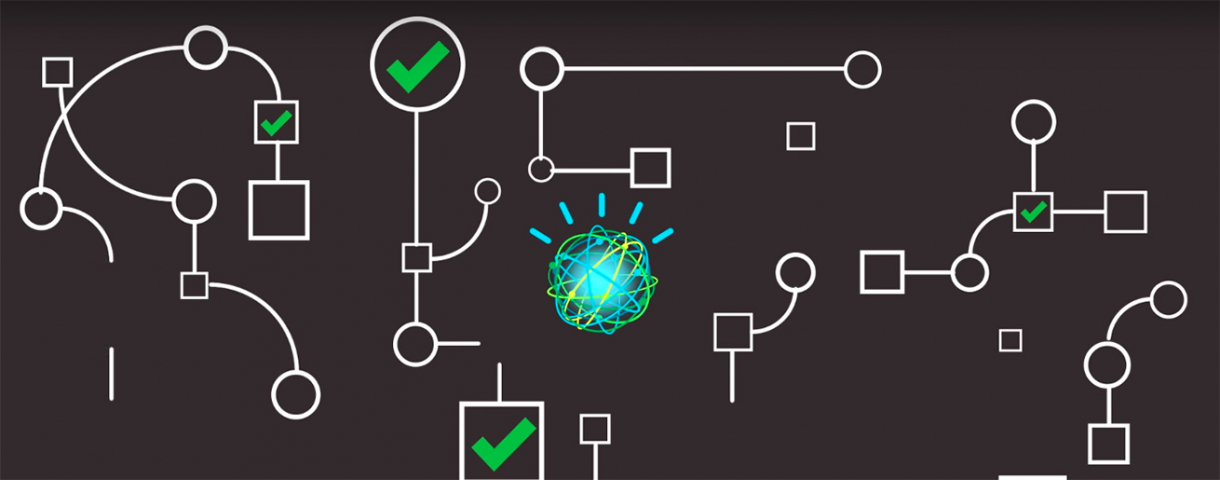Big data is essential for solving complex challenges. But, due to its size and complexity (unstructured data makes up as much as 80 percent of existing information today), there's often not enough man-power to make sense of it all. That is, until now.
IBM Watson is a cognitive, problem-solving supercomputer designed to help find answers and insights hidden in volumes of data. It gets smarter with each human interaction and has already won Jeopardy, written a cookbook, and dabbled in revolutionizing healthcare. It knows that all data is not created equal and is able to distinguish between different kinds of information by culling relevant data from disparate sources, creating hypotheses and continually tests them in order to narrow in on the most reliable and accurate results. Because Watson can read, analyze, and learn from natural language, just as humans can, it can make the sorts of informed, context-specific decisions we would expect from a person, as opposed to a search engine.
The next stop in IBM Watson’s career has already been laid out, as it has been put to use across many industries in tackling cybercrime, high-level teaching, diagnosing disease, helping online shoppers, inspiring amateur chefs – the lists goes on. So, the question for the future is not: “What can IBM Watson do?” It is: “How will you put IBM Watson to work for you?”






